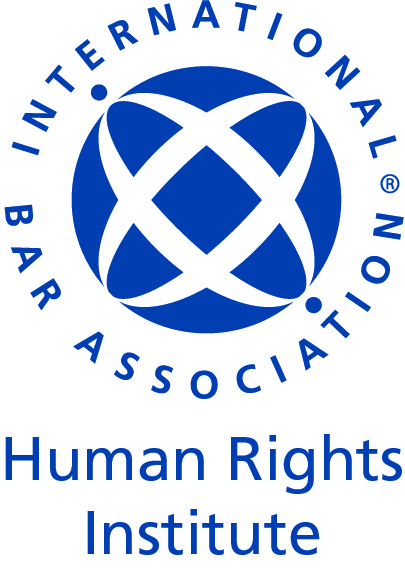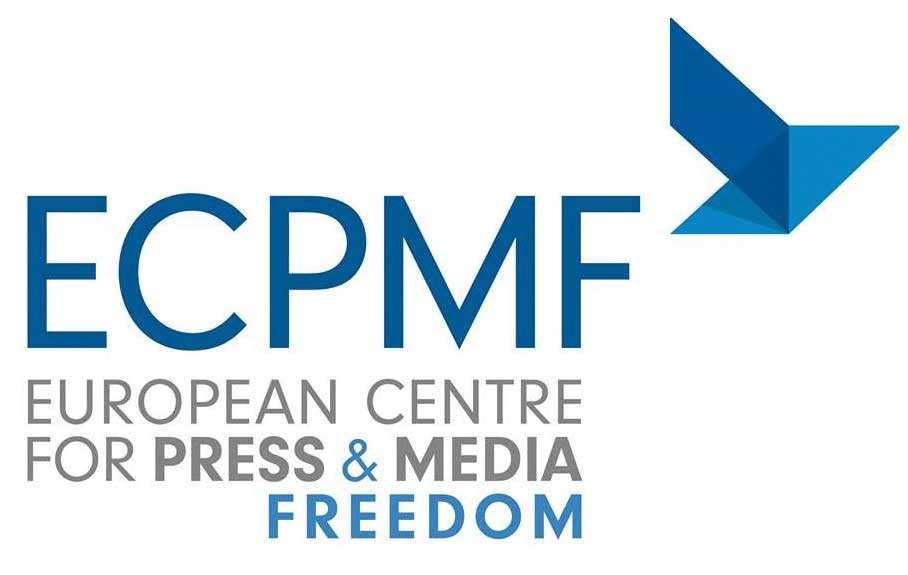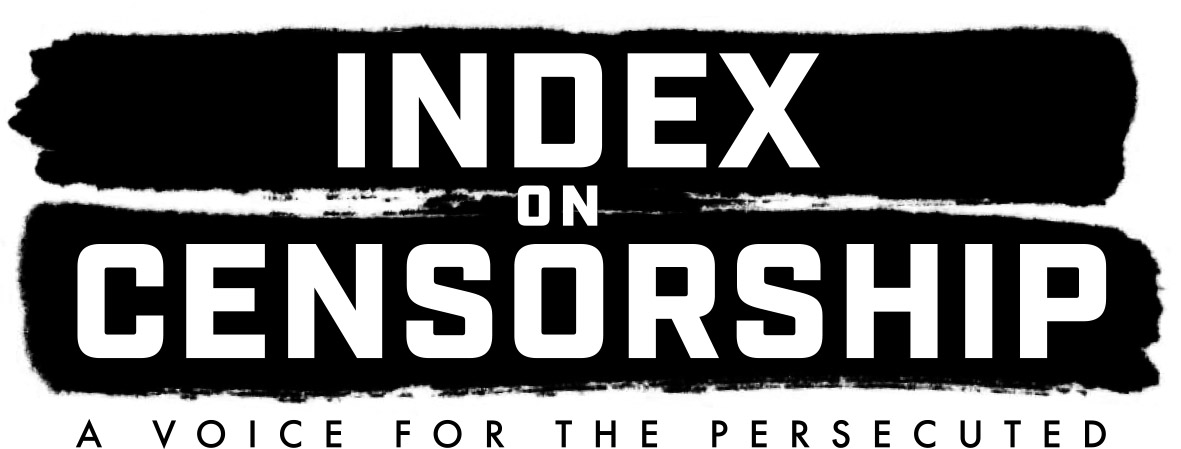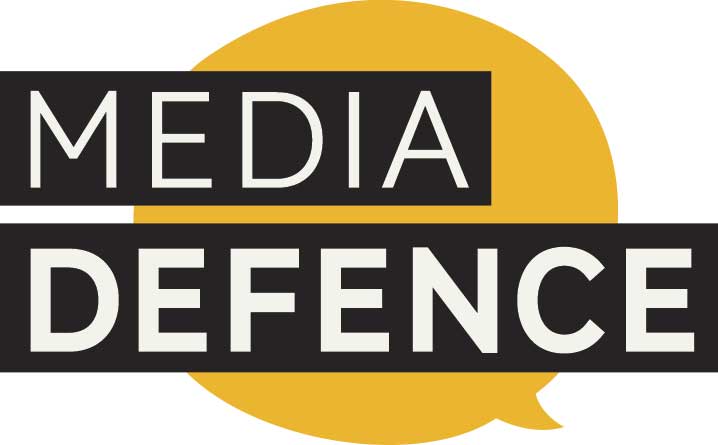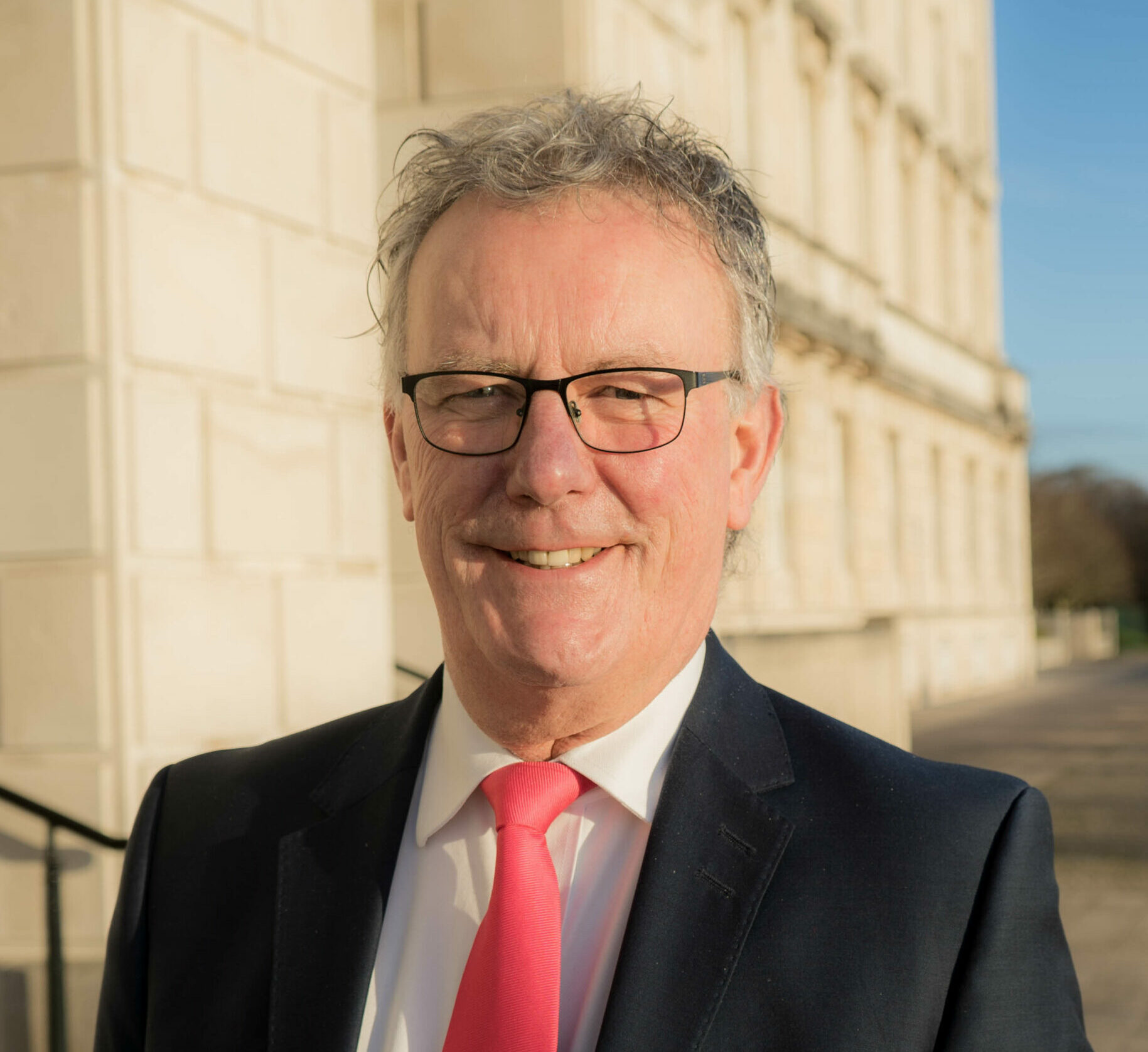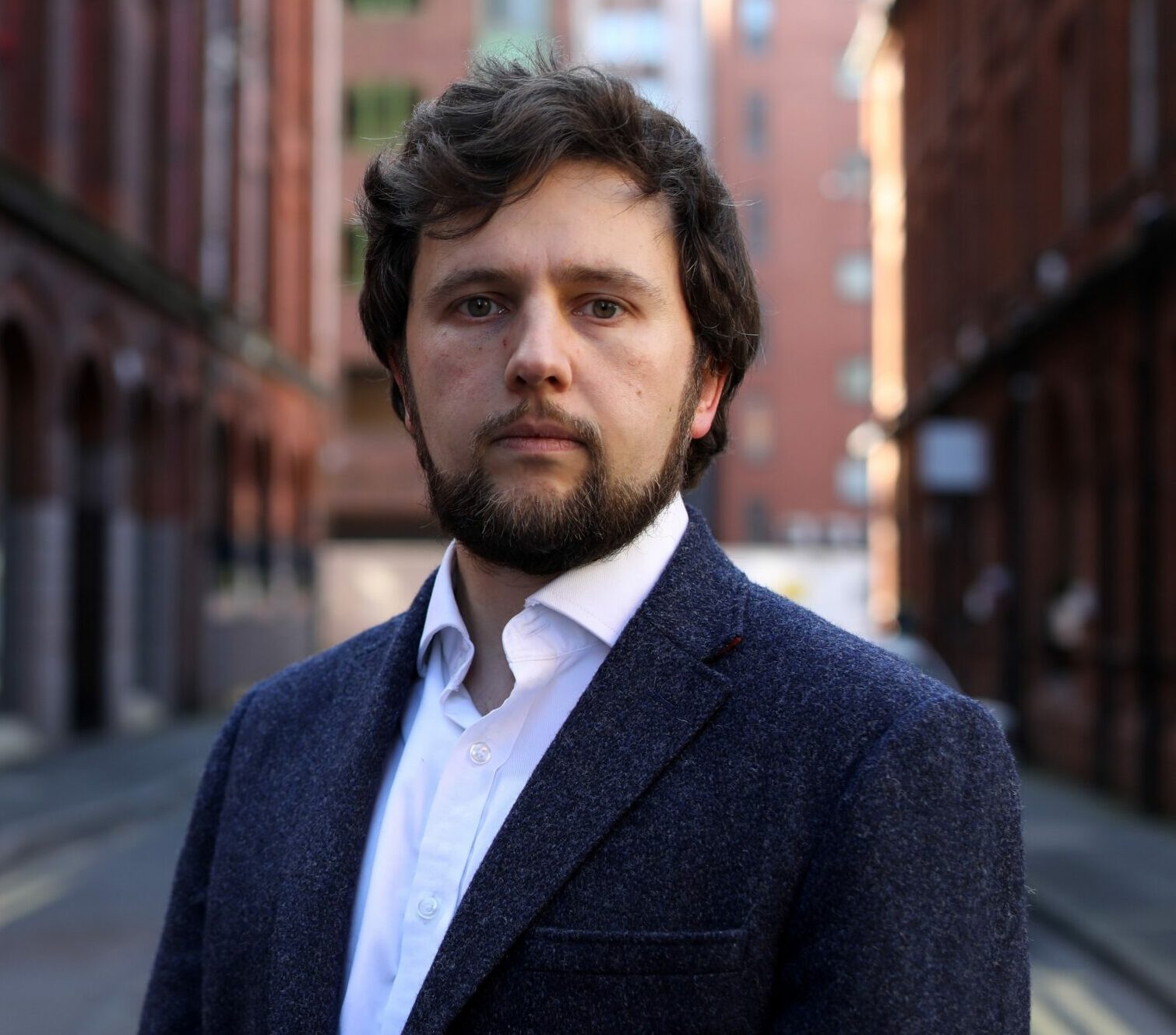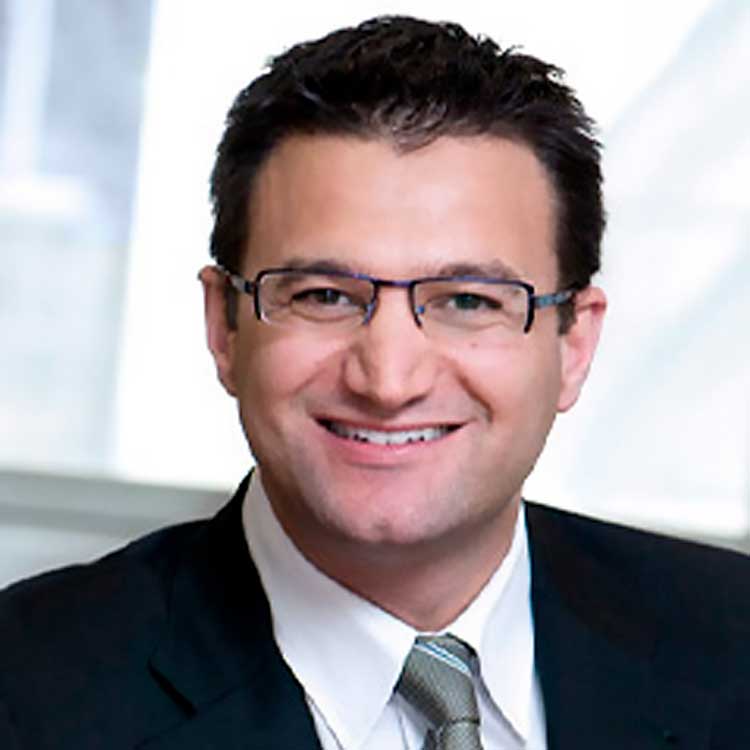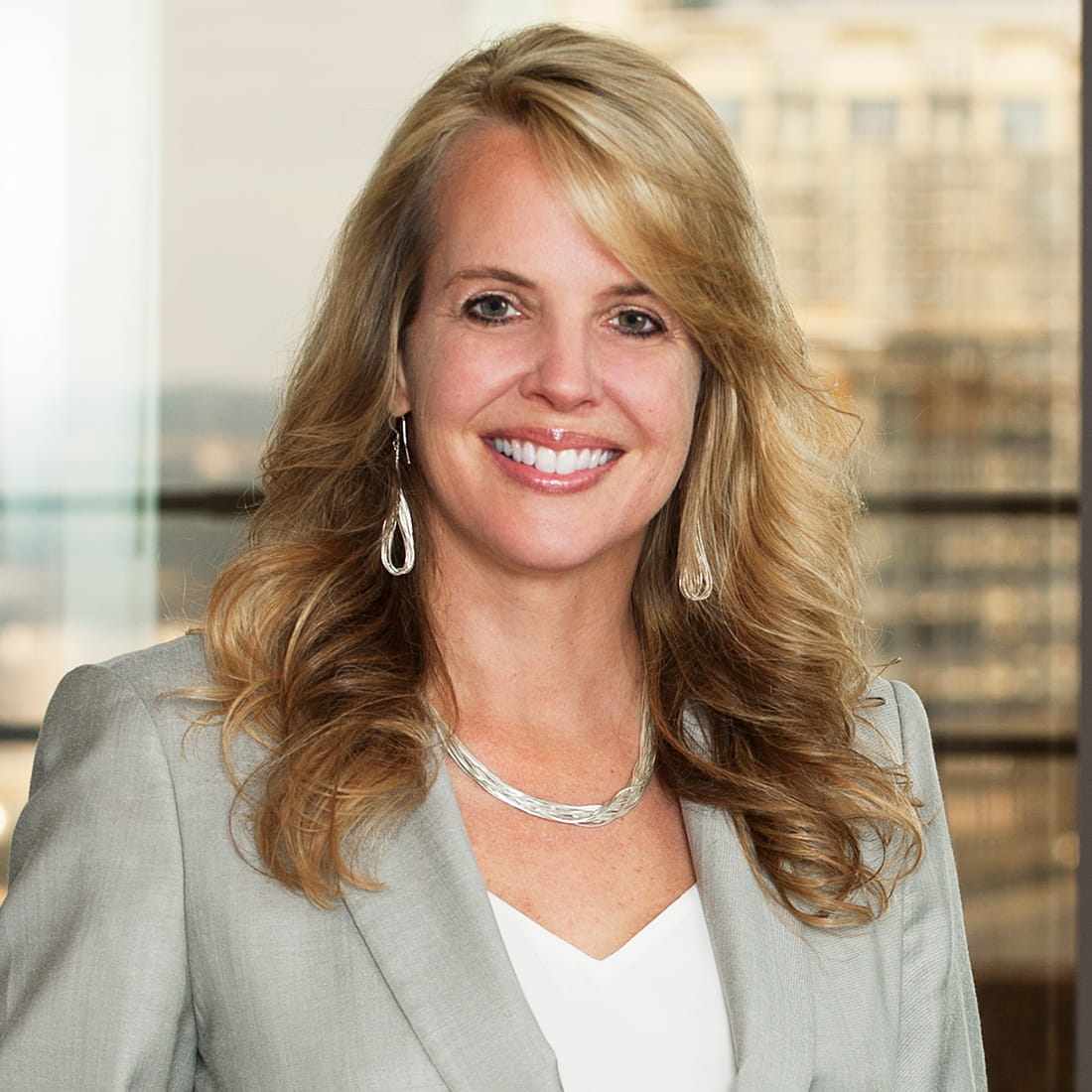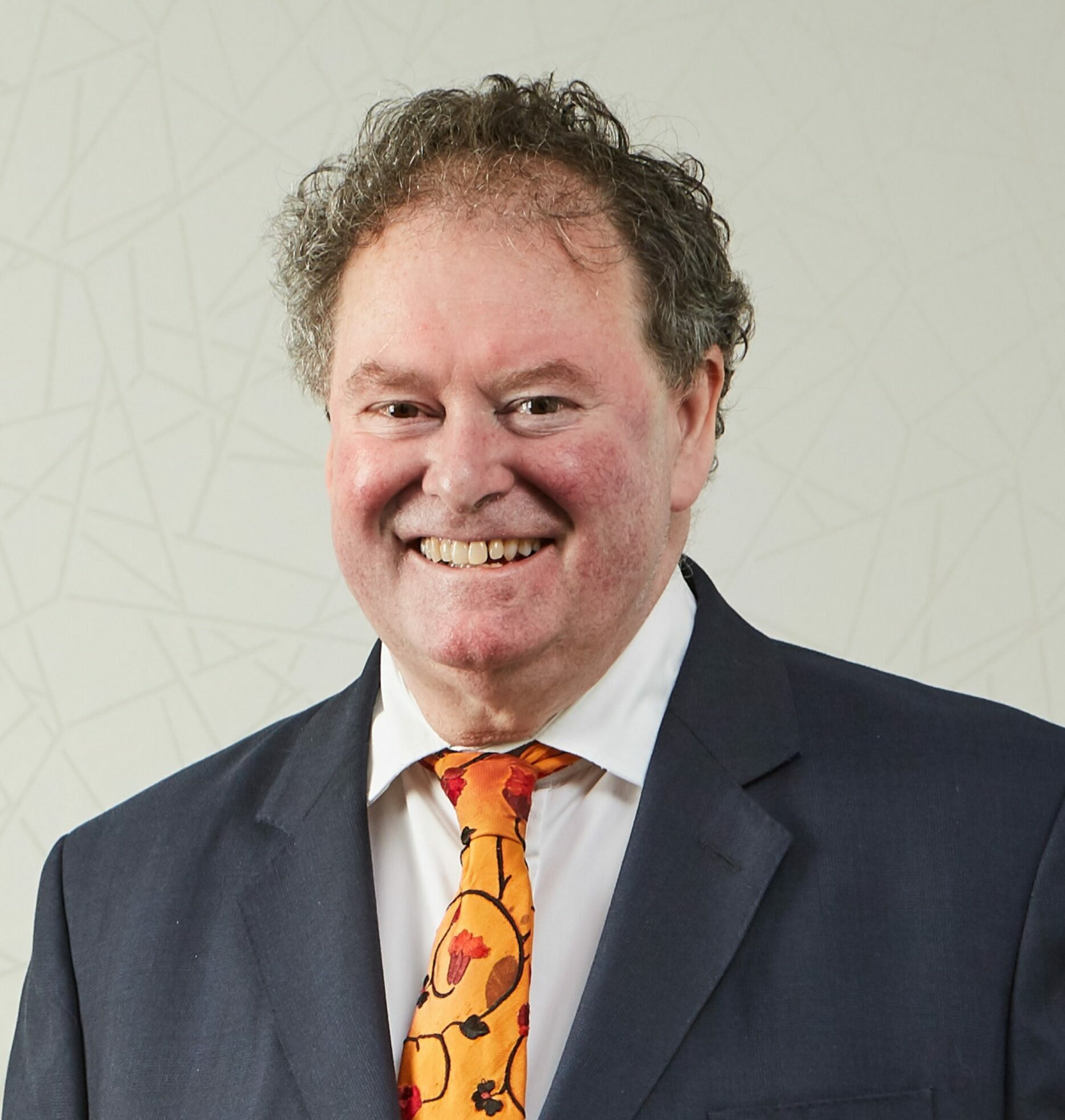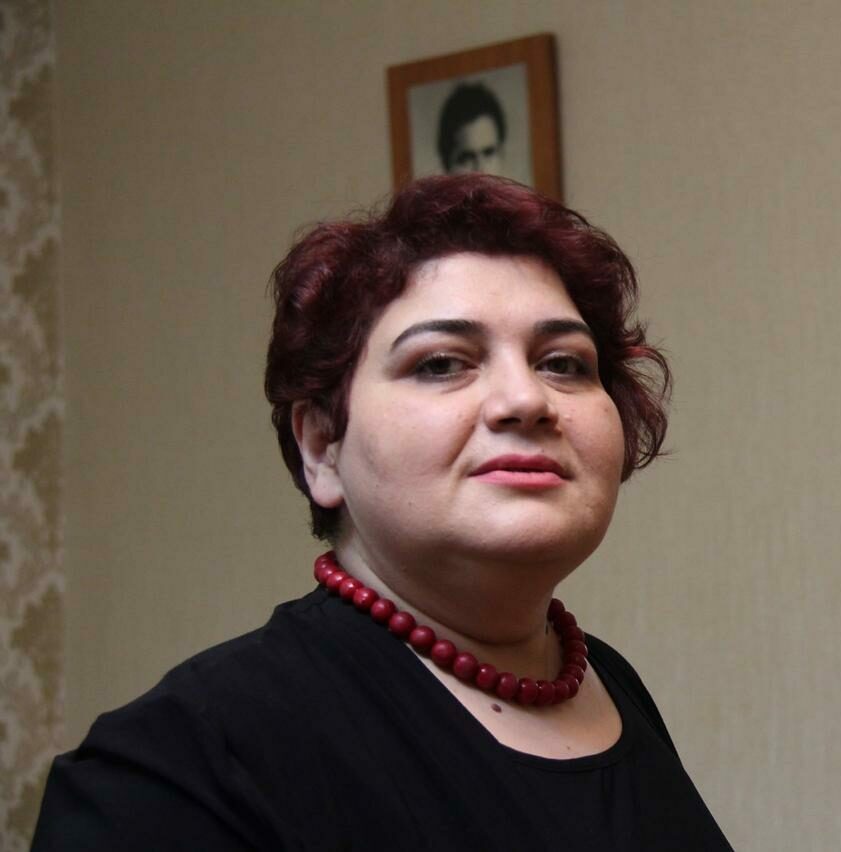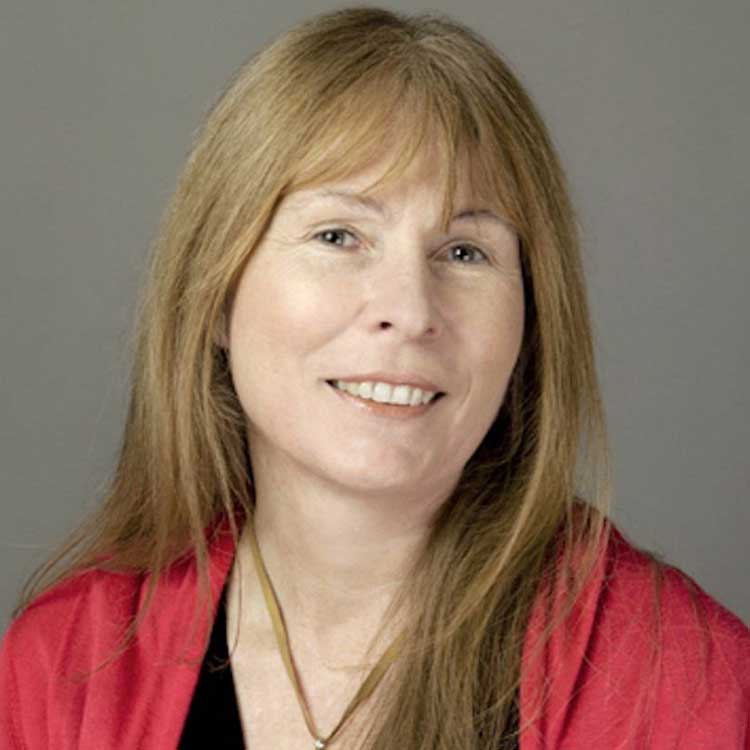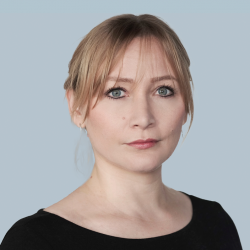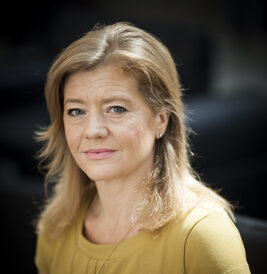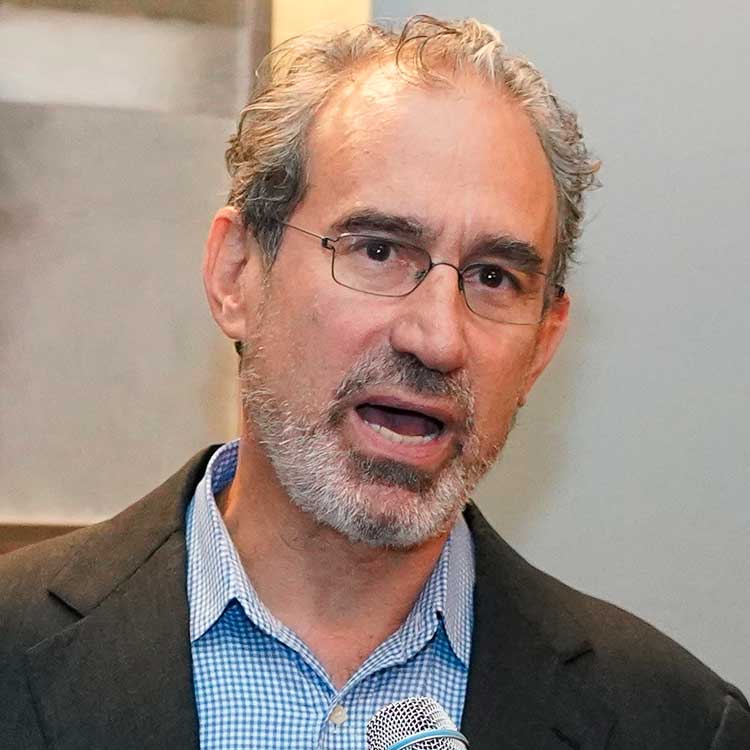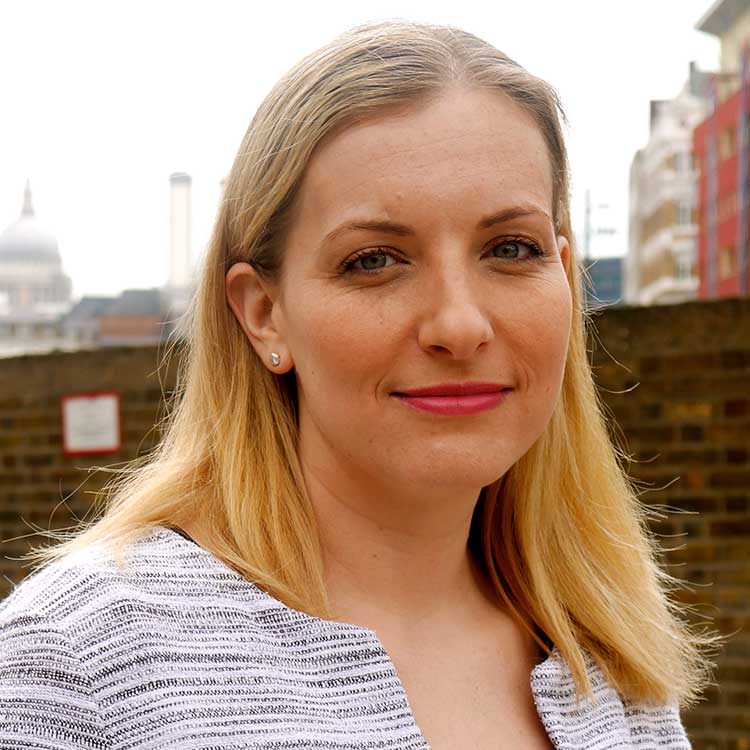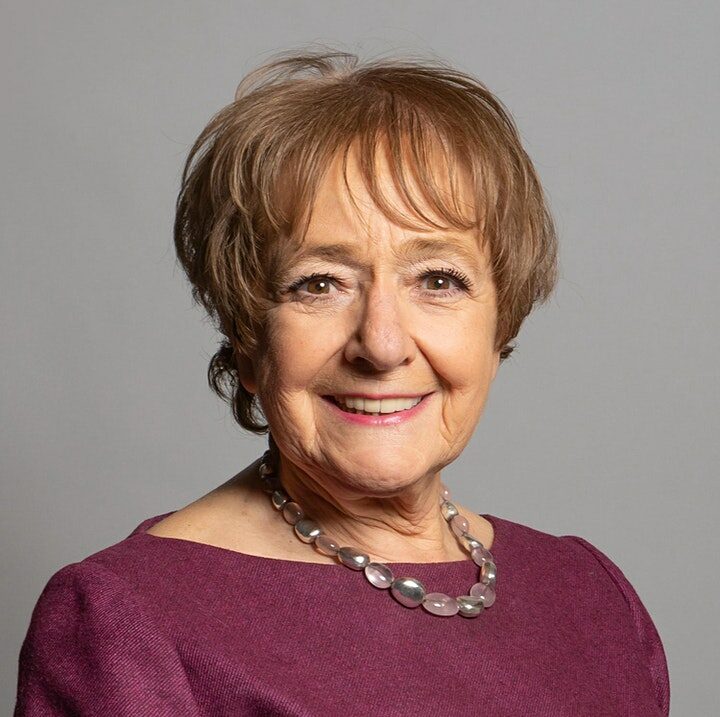Anti-SLAPP Conference
Spotlighting
solutions
28-29 November 2022
In London and Online
#SLAPPS22


ABOUT THE EVENT
The Foreign Policy Centre (FPC) and Justice for Journalists (JFJ) Foundation are delighted to announce the second edition of their UK Anti-SLAPP Conference to be held on Monday 28th and Tuesday 29th November 2022, both online and in-person in London.
Following a highly successful inaugural conference last November, which highlighted the issue of SLAPPs with the participation of more than 40 speakers from 20 countries, this year’s edition will focus on the theme of ‘Spotlighting Solutions’.
On 20th July 2022, the UK Government announced its plan to introduce legislative reforms to address SLAPPs, following a consultation that found SLAPPs are having ‘a chilling effect’ on media freedom. The developments in the UK follow proposals already announced by the European Union for an Anti-SLAPP Directive and interest in other countries to adopt national legislation. The conference will be an opportunity to reflect on the successes and weaknesses of anti-SLAPP laws already adopted, including in countries like the United States and Canada.
Beyond laws, this two-day conference will also explore how stronger regulatory action, direct support for those subject to SLAPPs, as well as wider cultural shifts could help make SLAPPs an unattractive choice for those seeking to avoid public scrutiny. The FPC and JFJ will once more bring together experts from across the globe to delve into this topic and explore how we can reduce the impact such legal challenges have on journalists, media freedom and wider society.
ORGANISERS
Justice for Journalists Foundation (JFJ) is a London-based charity whose mission is to fight impunity for attacks against media. Justice for Journalists Foundation monitors attacks against media workers and funds investigations worldwide into violence and abuse against professional and citizen journalists. Justice for Journalists Foundation organises media security training and creates educational materials to raise awareness about the dangers to media freedom and methods of protection from them.
The Foreign Policy Centre (FPC) is an outward-looking, non-partisan international affairs think tank based in the UK. Our mission is to provide an open and accessible space for the ideas, knowledge and experience of experts, academics and activists from across the world, so that their voices can be heard by a global audience of citizens and decision makers in order to find solutions to today’s international challenges.
In partnership with
The International Bar Association’s Human Rights Institute (IBAHRI) works with the global legal community to promote and protect human rights and the independence of the legal profession worldwide. The IBAHRI is the Secretariat to the High Level Panel of Legal Experts on Media Freedom, the independent advisory body of the Media Freedom Coalition. The High Level Panel comprises a diverse group of leading international lawyers tasked with providing legal advice for the purposes of promoting and protecting a vibrant, free, and independent media.
SUPPORTING ORGANISATIONS
PROGRAMME
DAY ONE
09.30 - 9.45
Arrival at venue for those attending in person
09.45 - 10.00
Welcome to the conference
10.00 - 10.20
Opening Keynote
The Rt Hon David Davis MP will deliver the opening keynote to the 2nd UK Anti-SLAPP Conference. Since the start of 2022, Mr Davis has been spearheading debates about SLAPPs in the House of Commons and calling for swift action to address this issue in the UK.
In January 2022, Mr Davis co-sponsored, together with Liam Byrne MP, a debate on ‘Lawfare and UK Court System’, during which he highlighted the devastating impact that SLAPPs can have both on journalists as well as society at large. Mr Davis highlighted in particular the libel cases brought against journalists Catherine Belton and Tom Burgis, but also took aim at law firms, which he described as having “found an incredibly profitable niche that they are willing to pursue without too much concern about the outcome.”
In October 2022, with the UK Government having since committed to taking legislative action in July, Mr Davis called for legislative measures to be moved forward quickly. His comments came during a debate he organised on ‘Lawfare and Investigative Journalism’, in light of the libel cases that have been brought against three media organisations – openDemocracy, The Bureau for Investigative Journalism (TBIJ) and the Telegraph – in the UK in September 2022.
10.20 - 10.30
Short break (10 minutes)
PANEL 1
10.30 - 11.45
The UK’s Anti-SLAPP Reforms – a big enough step in the right direction?
A year ago, the term SLAPPs was not well known in the UK – even within legal and journalistic communities – although the concept of the rich and powerful utilising legal intimidation to suppress stories was all too familiar. While momentum on SLAPPs has been slowly building, the Russian invasion into Ukraine in February 2022, and the connected concern about Russian malinfluence, snapped the issue into sharp focus.
In a welcome step, the UK Government launched a consultation on SLAPPs in March led by the Ministry of Justice. The outcome reportpublished in June found that journalists, media and other publishers will “no longer publish information on certain individuals or topics – such as exposing serious wrong-doing or corruption – because of potential legal costs.” In response, the UK Government committed to legislative reform, while the Solicitor’s Regulatory Authority (SRA) has also set out its ongoing steps to address this issue.
This session will track the developments over the last year, examine how closely the proposals reflect the recommendations made by the UK Anti-SLAPP Coalition, and discuss whether reforms will go far enough to tackle the issue of SLAPPs in the UK.
Chair:
Speakers:
11.45 - 12.00
Short break (15 minutes)
PANEL 2
12.00 - 13.15
The view from Scotland and Northern Ireland
The UK Government’s proposed SLAPP reforms have largely focused on England and Wales, yet Scotland and Northern Ireland are also jurisdictions of concern when it comes to the potential for legal threats to suppress media freedom.
Both countries have recently grappled with defamation reform. Scotland’s new Defamation and Malicious Publication Law came into force in April 2021. Meanwhile, the Northern Irish Assembly voted to bring in long awaited defamation reform in March 2022, although the bill is now awaiting royal assent to be brought into law.
This session will explore what the landscape is like for SLAPPs now in both countries. In particular, what, if any, further steps do Scotland and Northern Ireland need to take in order to avoid becoming hotspots if the law does change in England?
Chair:
Speakers:
13.15 - 14.15
Lunch break (60 minutes)
PANEL 3
14.15 - 15.30
Anti-SLAPP Legislation: Pros & cons from a global perspective
The development of Anti-SLAPP legislation is not new. There already exists a variety of Anti-SLAPP laws in 34 states in the United States, as well as several federal districts in Canada and one state in Australia. In April 2022, the European Union unveiled its approach to tackling SLAPPs in the form of an EU Anti-SLAPP Directive.
This session will explore what learning can be taken from pre-existing laws and initiatives, as well as the various approaches and mechanisms used within them. How have these influenced the development of the UK Anti-SLAPP Law?
Chair:
Speakers:
15.30 - 15.45
Short break (15 minutes)
PANEL 4
15.45 - 17.00
Legal intimidation, legal ethics & the role of lawyers?
All SLAPPs inevitably start with legal letters sent by lawyers and the role of lawyers as potential facilitators of SLAPPs has been a topic of considerable discussion. Several British lawyers have been individually called out in the UK Parliament this year, as well as US Congress, for acting on behalf of certain Russian individuals now subject to sanctions. However, many have argued that it is dangerous to conflate lawyers with their clients and when it comes to the court, the cab rank rule must be followed. Others point to the tactics some lawyers have used on behalf of their clients as unnecessarily intimidating at best and at worst intentionally misleading, impacting the ability of those subject of SLAPPs to adequately defend themselves.
This session will explore why lawyers have been seen as potential enablers, including questions around lack of due diligence undertaken by law firms when onboarding clients and concern around the misuse of ‘without prejudice’ and ‘private and confidential’ in legal letters. It will also touch upon what the legal community should be doing to stop SLAPPs.
Chair:
Speakers:
17.00 - 18.00
DRINKS RECEPTION/ NETWORKING
EVENING EVENT
18.00 - 19.30
Azerbaijan: SLAPPs, media freedom and the prevention of ‘open justice’
SLAPPs (strategic lawsuits against public participation) are frequently part of a much bigger picture – one about censorship and corruption, not just abroad, but increasingly in the UK too. This event will highlight the impact that the UK’s facilitation of corrupt wealth stolen by elites in autocratic regimes has on media freedom and democracy through the examination of one particular story – the Azerbaijani Laundromat.
For full details and to register for this evening event – click here.
Chair:
DAY TWO
09.15 - 09.30
Arrival at venue for those attending in person
9.35 - 10.20
When a SLAPP is a SLAPP & defending yourself in the UK libel courts – in conversation with investigative journalist Carole Cadwalladr.
In January 2022, Carole Cadwalladr spent five days in the Royal Courts of Justice defending herself against a libel claim brought by millionaire businessman and Leave.EU funder Arron Banks for comments she made in a TED talk in 2019. Cadwalladr would ultimately go on to win, but her three-year battle came at great personal cost and was, as she has described, akin to stepping ‘into the pages of a Kafka novel’.
While the judgement handed down by Justice Steyn in June 2022 was heralded as a landmark case for media freedom, the judge also took the unprecedented step of stating she found it “neither fair nor apt” to describe the case as a SLAPP suit. This is not a view shared by members of the UK Anti-SLAPP Coalition (whose co-chairs outlined why in a guest article for the Bar Council), but highlighted the continued confusion surrounding the term.
Banks decided to sue Cadwalladr as an individual rather than The Observer, which published her original reporting, or TED, the publisher of her talk. It is this type of tactic that can characterise SLAPPs, not simply the merits of the claim. Isolated from institutional support and funding, Cadwalladr had to risk financial ruin and was only able to defend the case thanks to a successful crowdfunding campaign. During that time, the journalist was also subject to other forms of harassment, including online trolling and smear campaigns.
To talk through Cadwalladr’s experiences with her will be Rebecca Vincent, Director of Operations and Campaigns at Reporters without Borders, who monitored the trial in January.
Speakers:
10.20 - 10.30
Short break (10 minutes)
PANEL 5
10.30 - 11.45
SLAPPs in today’s independent investigative media landscape
Typically the intention of a SLAPP claimant is not necessarily to reach the court stage, where the facts of the matter might be examined more closely, but rather to draw out the legal proceedings in order to delay publication and/or exhaust the financial as well as other resources (time, energy and psychological) of the defendant.
This puts journalists and media subject to legal threats under incredible pressure to fold. Those who decide to push back therefore face huge challenges, not least how to continue their professional activities while also trying to run a legal defence.
Given the high cost of defending against legal threats, SLAPPs can be particularly threatening to smaller outlets/independent journalists, which often do not have ready access to legal support.
This session will hear from journalists subject to SLAPPs, as well as lawyers that support them, to understand how they cope as well as how SLAPPs sit alongside the other challenges they face.
Chair:
Speakers:
11.45 - 12.00
Short break (15 minutes)
PANEL 6
12.00 - 13.15
SLAPPedToo: What can we do to stop SLAPPs from preventing the reporting of sexual harassment?
The majority of the reported cases related to SLAPPs linked to the UK have been linked with investigations into financial crime and corruption, however legal threats are used to suppress information on a wide variety of topics.
This session will highlight how SLAPPs are used against those reporting on sexual harassment and abuse, the impact both on the journalists, but crucially on the victims and how this too often results in justice being delayed or denied.
Baroness Helena Kennedy KC, a barrister at Doughty Street Chambers and Director of the International Bar Association’s Human Rights Institute, will give opening remarks.
Followed by a short video from Katie Baker, investigative journalist, who in March 2022 had a SLAPP case against her and her then employers Buzzfeed thrown out in Alabama. The case related to a story regarding sexual assault published in 2017.
Chair:
Speakers:
13.15 - 14.15
Lunch break (60 minutes)
PANEL 7
14.15 - 15.30
What are the practical steps media, and publishers, should take to push back against SLAPPs?
To successfully mitigate the impact of SLAPPs involves media and publishers taking measures at every stage – before, during and after cases have been filed. Tackling legal threats and defending SLAPP cases, starts from when legal letters are received, but what are the practical steps that can be taken ahead of time? What benefit is there in reporting threats to regulatory authorities such as the Solicitors Regulatory Authority (SRA) as well as media freedom organisations and platforms (such as the Council of Europe’s Platform for the Safety of Journalists)? How should journalists and publishers approach media coverage of their cases and ensure they are getting their message out?
This session will discuss these issues with speakers with a variety of perspectives.
Chair:
Speakers:
15.30 - 15.45
Short break (15 minutes)
PANEL 8
15.45 - 16.30
SLAPPs Solutions: What action can the UK take to address SLAPPs domestically and internationally?
This closing session will examine what is next for SLAPPs reform in the UK as well as what more the UK could do to support anti-SLAPP initiatives underway at intergovernmental forums.
In 2022, the UK Government announced its participation in the Council of Europe’s Expert Committee on SLAPPs, which is due to publish its report and recommendation by the end of 2023. The UK also remains a member of the Executive Committee of the Media Freedom Coalition, an initiative it started in 2019 at which time the High Level Panel of Legal Experts was also formed.
Domestically, the UK adopted a national action plan in March 2021 to protect the safety of journalists in line with UN and OSCE commitments, however as it stands this only addresses physical violations and online harassment. What more could be done to utilise these initiatives to push back against SLAPPs both here and abroad?
Chair:
Speakers:
16.35 - 17.00
Closing remarks: Speaker TBA and thank you from Maria Ordzhonikidze, Justice for Journalists Foundation Director
17.00 - 18.00
DRINKS RECEPTION/ NETWORKING
EVENING EVENT
18.00 - 19.30
The Great Enabler: SLAPPs, Sanctions & the UK’s Kleptocracy Problem
The current reforms proposed by the UK Government to address SLAPPs (strategic lawsuits against public participation) have been widely seen as a part of their response to the ongoing war in Ukraine. While interest in SLAPPs had already been growing, the Ministry of Justice launched their call for evidence on SLAPPs in March 2022, just two weeks after the Russian invasion started.
Speakers will discuss what if anything has changed since February, the role and effectiveness of sanctions and if these have (or have not) lessened the impact of SLAPPs.
While much attention has been placed on Russia, this event will focus on the UK’s role as the ‘enabler’ both of the corrupt wealth being exported out of countries, like Russia, but also as a hub for services (legal and beyond) to shut down scrutiny, including through the use of SLAPPs. These systems are open to abuse not just by Russians, but the current situation in Russia has shown what can happen if we continue to fail to do anything effectively about it. For full details and to register for this evening event – click here.
Chair:


